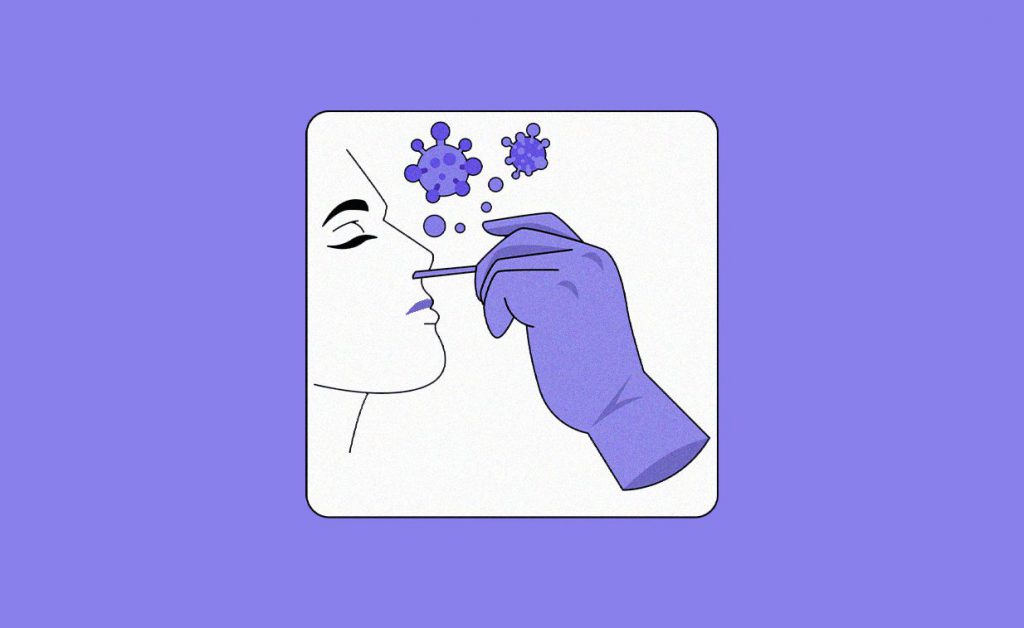The COVID-19 positivity rate has drastically increased in Lebanon during the last seven days as the COVID-19 delta variant spreads amongst residents.
The Ministry of Public Health (MoPH) reported on July 13 massive changes in areas such as Beirut, Mount Lebanon and the Bekaa region, where COVID-19 cases respectively increased by 110 percent, 98 percent, and 117 percent.
The highly infectious delta variant was first detected last Friday when nine passengers from abroad tested positive. It is unsure whether the variant was previously present in the country since officials were not conducting the necessary genetic sequencing to reveal the presence of the variant.
Yesterday, Lebanon recorded 517 new cases of COVID-19.
“WHO is concerned that the current COVID-19 upsurge may continue to peak in the coming weeks, with catastrophic consequences,” said the World Health Organisation in a statement about Lebanon and several other Arab countries.
Despite this, the airport remains open to welcome passengers and expats from abroad as the government hopes that tourism may bring in much needed foreign currencies amidst the country’s worst economic and financial crisis to date.
The medical community has warned that should the government continue with its “open-door policy” and fail to restrict the massive influx of passengers from abroad, then the country is likely to face another outbreak.
At the moment, another outbreak could have disastrous consequences for the country combating a fuel crisis and shortage of essential medicines. Hospitals have had to operate on multiple private generators due to the insufficient electrical supply from the government, and many have had to ration their usage to guarantee that they have enough power to look after patients.
As for medicines, the country is running low on multiple stocks of essential medicines, from Aspirin to Panadol. Citizens have had to seek alternative measures, with some setting up companies or delivery services that bring in medicines from abroad in exchange for a payment in full price plus any delivery charges incurred. Others request family members to bring in any supplies they may need.
Up until recently, Lebanon had witnessed a remarkable decline in the number of daily COVID-19 cases after it acquired 40 percent “herd immunity” due to a large number of the population contracting the coronavirus. However, herd immunity via infection is short-lived in the face of new variants, differences in immune system responses, and the country’s slow vaccination process.
The MoPH reported that only 27 percent of all the Lebanese population is registered on the country’s vaccination platform. The health minister stated that the ministry’s strategy is to encourage more people to get vaccinated so they may curb a new outbreak.
